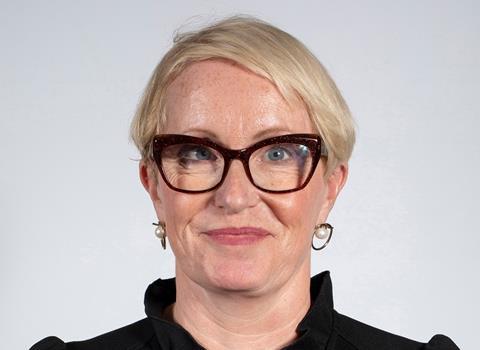London’s largest housing associations has warned that to continue delivering affordable homes, it needs rent policy certainty
The G15 has today published a report urging the new government to provide clarity on how much rent social landlords will be able to charge over the next decade.

The report said housing associations save Londoners £4.8bn a year in rent and stressed that landlords require rent policy certainty to continue building new affordable homes, improving existing properties, and addressing the housing crisis.
Since the Conservative-led coalition government reduced funding for social housing by 60% in 2010, housing associations have become more dependent on income from private loans and surpluses generated by selling and renting homes on the private market.
However, the group of London’s largest housing associations emphasised that social housing rents remain their primary source of revenue, which is used to finance upgrades to existing homes and help fund the construction of new social housing.
>> See also: G15 warns social landlords need ‘sufficient time’ to prepare for access to information rules
>> See also: G15 and Housing Today to partner at Westminster event in September
Fiona Fletcher-Smith, chair of the G15 and chief executive of L&Q, said that “London is built on a vibrant mix of people from all walks of life, but the capital is increasingly unaffordable for many”.
A study of rents across the city found that Londoners need to be earning £76,261 a year to afford the average private rent in the capital.
Two nurses on an average salary of £38,000, sharing an averagely-priced rented accommodation would be unable to afford market rents in 14 of London’s 32 boroughs.
Fletcher-Smith stated: “A healthy London is one that provides room to grow for all Londoners. For key workers and young families to be locked out of many parts of the city is hugely damaging from a social and economic perspective.”
She added that with the government’s ambition to build 400,000 new homes in the capital over this parliament, ”it is critical that our housing supports Londoners at all income levels.”
“Social rent homes are a vital part of the mix, and housing associations are ready to work with the Government to provide the affordable homes London and Londoners so desperately need.”
The organisation, which houses one in ten Londoners, described the deputy prime minister and housing secretary Angela Rayner’s commitment to giving councils and housing associations more certainty over how much rent they can collect as an “important first step”.
However, the group of housing associations said that to have the biggest impact, and allow them to borrow at cheaper rates, thereby facilitating the delivery of more affordable homes, social landlords need a long-term rent settlement lasting a minimum of 10 years.
The G15 has said the settlement must also be “tied to inflation and have cast-iron guarantees so that it can’t be amended part-way through.”
The last rent settlement was agreed in 2013 and was expected to last 10 years from 2015. However, the G15 report notes that four separate changes were made to the policy between 2015 and the present day.
The G15’s latest report adds to ongoing calls for 10-year rent settlements. Back in February, the G15 called for a 10-year, index-linked rent agreement and the reinstatement of rent convergence in the spring budget.











No comments yet